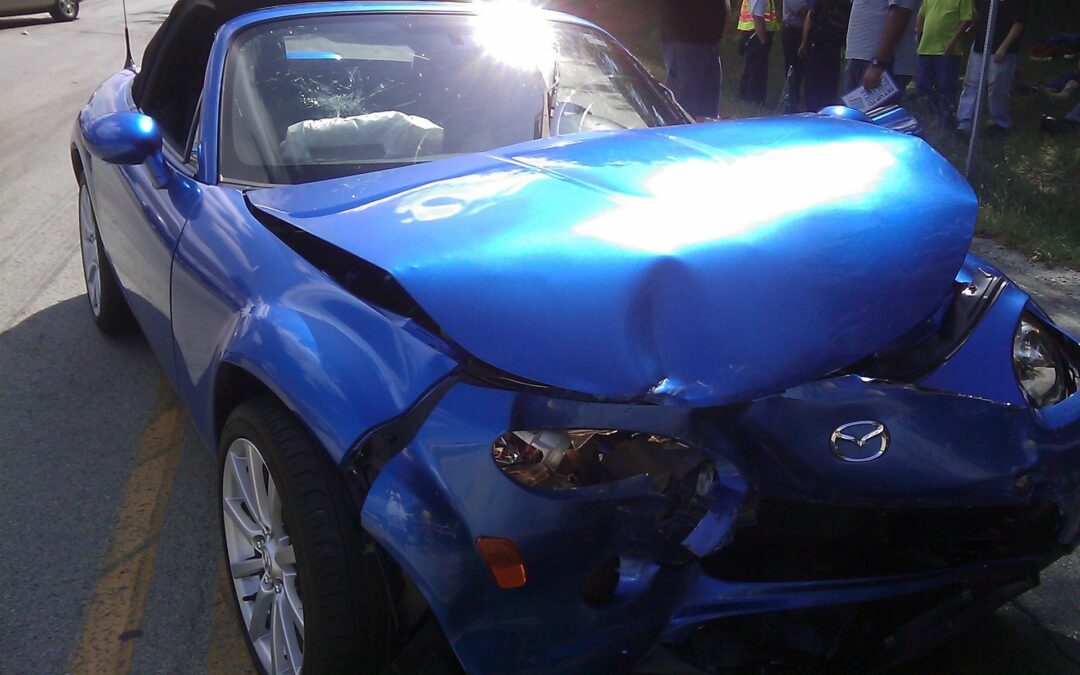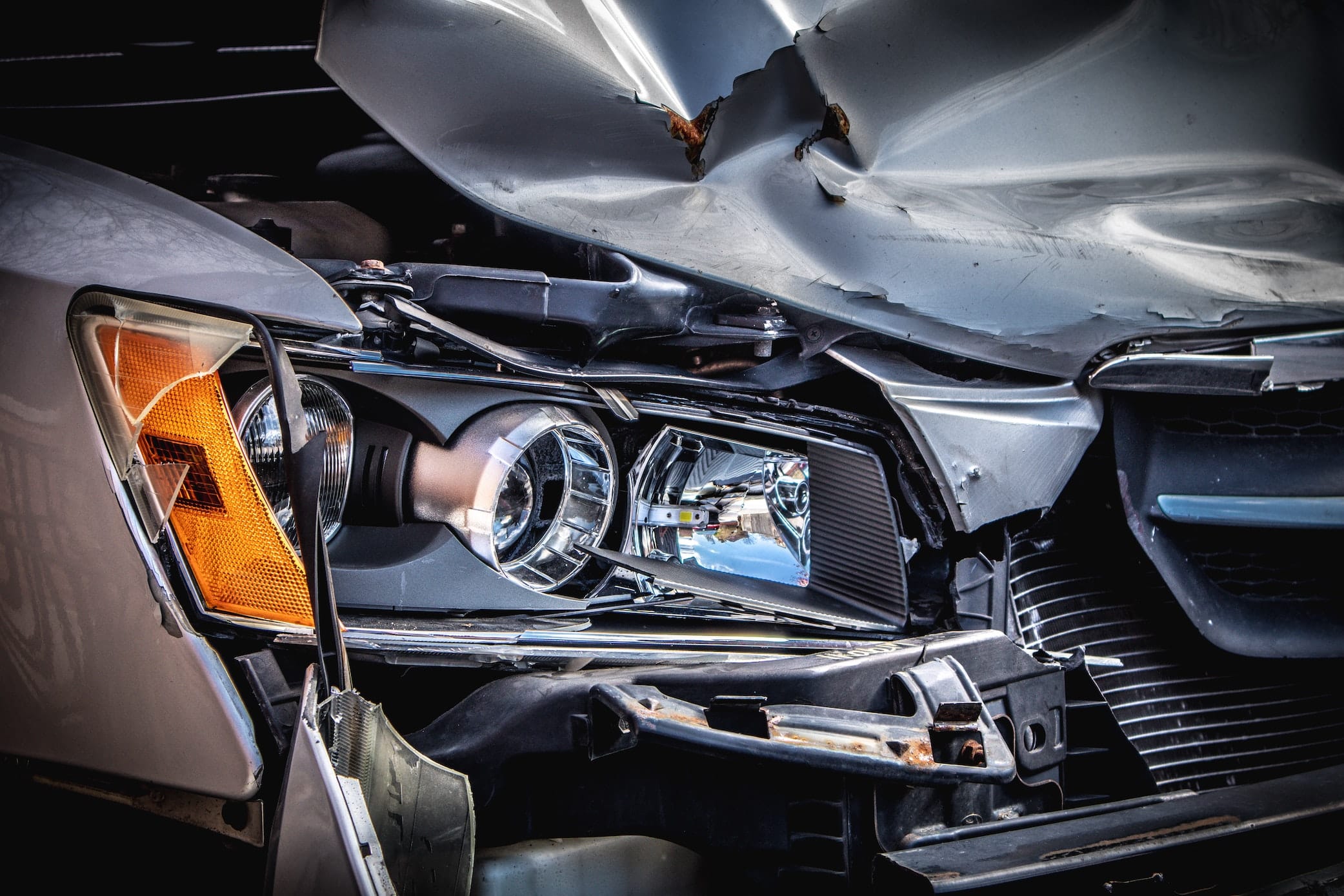Tips to lower your car insurance? Vehicle owners are required to have insurance coverage, and for good reason. In the event of a car accident, insurance can help cover any damages to your vehicle so that you do not have to pay out of your own pocket. However, insurance coverage can also be expensive, and you do not want to pay any more than what you have to. Luckily, there are steps you can take to minimize the cost of insurance while still getting what you need.
SHOP AROUND
Insurance rates for the same coverage can vary among competitors, so it is recommended to not go in on the first option you see. Finding quotes from at least three different insurance companies allows you to compare prices before choosing your provider. Hundreds of dollars can be saved each month just by researching which providers offer a better deal.
BUNDLE POLICIES TOGETHER
Many of the major insurance providers offer discounts based on the number of vehicles you insure as well as the number of policies you hold with them. Bundling homeowner’s insurance with car insurance can often award individuals a significant discount. Just the same, insuring multiple vehicles or drivers under the same roof may grant a bulk discount.
DROP INSURANCE YOU DON’T NEED
Liability insurance is the only coverage you are required to have as a car owner, which covers any damage to other vehicles other than your own in an accident. So, if you have an older car, consider dropping collision and comprehensive insurance. Collision covers any damages to your car in an accident, and comprehensive can cover theft, damages from hitting an animal, etc. These types of insurance never pay more than what your car is worth. If the deductible plus the cost of annual coverage is worth more than your car, you may not need those types of insurance.
ASK FOR A HIGHER DEDUCTIBLE
A deductible is the amount you must pay before your insurance coverage starts. Increasing your deductible can lower the cost of your collision and comprehensive coverage substantially. For example, increasing your deductible from $250 to $500 means your provider has to cover $250 less of an accident, and will reduce your monthly costs accordingly. Before increasing your deductible, however, ensure you are able to afford the deductible in the event you have a claim.
CHECK INSURANCE RATES BEFORE BUYING A CAR
Before buying your next car, research the typical insurances rates for that model. Safe, reasonably priced cars typically have lower insurance premiums than fast and expensive sports cars. This is because premiums can take into account the initial price and cost of repairs, safety record, likelihood of theft and more.
MAINTAIN YOUR CREDIT SCORE
Your credit score plays an important role in the cost of your insurance. In some instances, insurance companies consider your credit even more than your driving history. This is because research shows individuals with better credit effectively have fewer claims. In order to improve and maintain your credit score, pay all loan and credit card payments on time, keep your credit balance as low as possible, and do not obtain more credit than you need.
CONSIDER USAGE-BASED INSURANCE
Many insurance companies offer coverage that determine rates based on how much, and often how well, you drive. If you live in an urban area and have the opportunity to take alternative modes of transportation, you may be able to save with a pay-per-mile policy. Other programs are able to track your driving habits and can reward you for safe driving.
GET IN TOUCH WITH A LEGAL PROFESSIONAL TODAY
If you are planning to purchase a new car or would like to adjust your current auto insurance for a vehicle you already own, make it a priority to get in touch with an attorney for professional insight regarding how to lower your car insurance. Depending on your circumstances, you may be able to obtain an insurance premium within your means while still living a comfortable life. To get started on discussing your options, schedule a consultation today.







